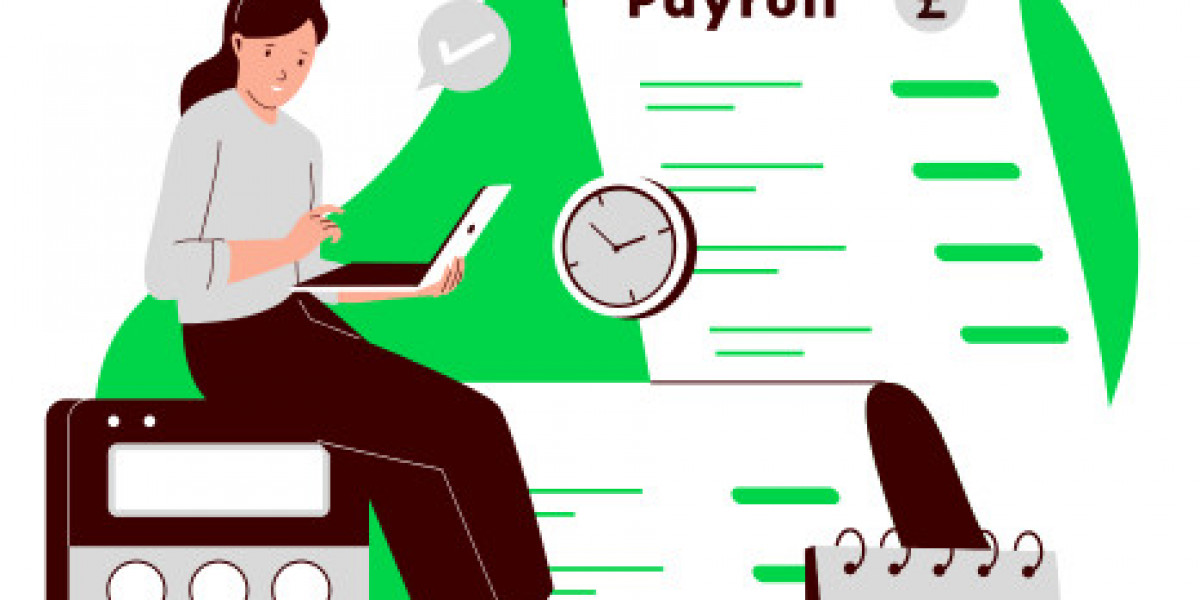If you’ve noticed that your tax code has changed on your latest payslip, you’re not alone. Every year, millions of UK employees find their tax codes updated, sometimes leading to changes in take-home pay.
Understanding why your tax code changes can help you avoid confusion, check for errors, and ensure you’re paying the right amount of Income Tax. This guide breaks down everything you need to know about why tax codes change and what to do if yours doesn’t look right.
What Is a Tax Code?
A tax code is a series of letters and numbers used by HMRC to tell your employer how much tax-free income you’re entitled to before deductions start.
For example, the most common code, 1257L, means you can earn £12,570 per year before paying Income Tax.
Tax codes make it easier for employers to calculate how much tax to deduct under the PAYE (Pay As You Earn) system.
Why Your Tax Code Might Change
There are several reasons your tax code could change, some routine and others triggered by changes in your personal or financial situation.
Here are the most common reasons:
1. Changes in Your Income
If your income has increased or decreased, HMRC may adjust your tax code to reflect your new earnings.
Examples include:
Getting a pay rise
Taking on additional work or overtime
Changing jobs
Each change can affect how much tax-free allowance you’re entitled to.
2. Job Changes or Multiple Jobs
If you start a new job or take on a second one, HMRC issues a new tax code based on your total income.
Your main job usually receives the full personal allowance (e.g., 1257L).
Your second job may get a BR (Basic Rate) or D0 tax code, meaning all earnings from that job are taxed.
This helps HMRC ensure you’re paying the correct tax overall.
3. Company Benefits or Perks
If you receive taxable company benefits such as:
A company car
Private health insurance
Accommodation allowances
These benefits are added to your taxable income. HMRC will issue a new tax code to collect tax on them.
4. State Benefits or Pensions
If you begin receiving state pension, company pension, or other taxable benefits, your tax code may change to account for the extra income.
HMRC adjusts your tax code so that the correct tax is deducted automatically from your pension or salary.
5. Unpaid or Underpaid Tax from a Previous Year
If HMRC discovers that you didn’t pay enough tax in a previous year, they can update your tax code to recover the outstanding amount gradually.
This means your current tax code includes a small adjustment, spreading repayment over the current tax year.
6. Marriage Allowance or Other Tax Reliefs
If you’ve applied for or stopped receiving Marriage Allowance, Blind Person’s Allowance, or other tax reliefs, your tax code will be updated to reflect this.
These changes can either increase or decrease your personal allowance.
7. Emergency Tax Codes
When you start a new job and your employer doesn’t have your P45 or the correct tax details, HMRC issues an emergency tax code (often ending with W1, M1, or X).
This means you’re taxed on each payday as if it’s your first of the year, which could result in overpaying tax temporarily.
Once your employer receives your correct details, HMRC will update your tax code automatically.
How to Check Your Tax Code
You can check your current tax code in several ways:
On your payslip (usually next to your National Insurance number)
On your P60 or P45
In your Personal Tax Account on GOV.UK
By contacting HMRC directly
Always make sure your tax code matches your situation. For example, if you have only one job but see a BR code, it might be incorrect.
What to Do If You Think Your Tax Code Is Wrong
If you believe your tax code is incorrect, don’t ignore it, contact HMRC right away. You can:
Log in to your Personal Tax Account.
Check the income details HMRC has for you.
Update any missing or incorrect information.
Call HMRC if you need assistance or clarification.
Correcting a wrong tax code early prevents overpayment or underpayment of tax.
How Tax Code Changes Affect Your Pay
When your tax code changes, your take-home pay may increase or decrease.
A higher tax code number (e.g., 1270L) means you can earn more before paying tax.
A lower tax code number or codes starting with K or BR usually mean higher deductions.
Any changes take effect in your next payroll cycle.
Why It’s Important to Stay Updated
Your tax code directly affects your net income. Ignoring tax code changes could lead to:
Overpaying tax (and waiting months for a refund)
Underpaying tax (and owing HMRC later)
That’s why accurate payroll management and timely communication with HMRC are essential.
Many UK businesses rely on professional experts offering Payroll Services in London to manage tax code changes, employee deductions, and HMRC submissions accurately, ensuring compliance and peace of mind for both employers and staff.
Final Thoughts
Tax code changes are a normal part of the UK payroll system. They’re designed to keep your tax payments accurate based on your latest income and personal circumstances.
The key is to check your payslip regularly and understand what each change means. If your tax code looks unusual or your pay doesn’t match expectations, contact HMRC or your employer promptly.
By staying informed, you can ensure your pay is correct, your taxes are fair, and your finances stay on track.













